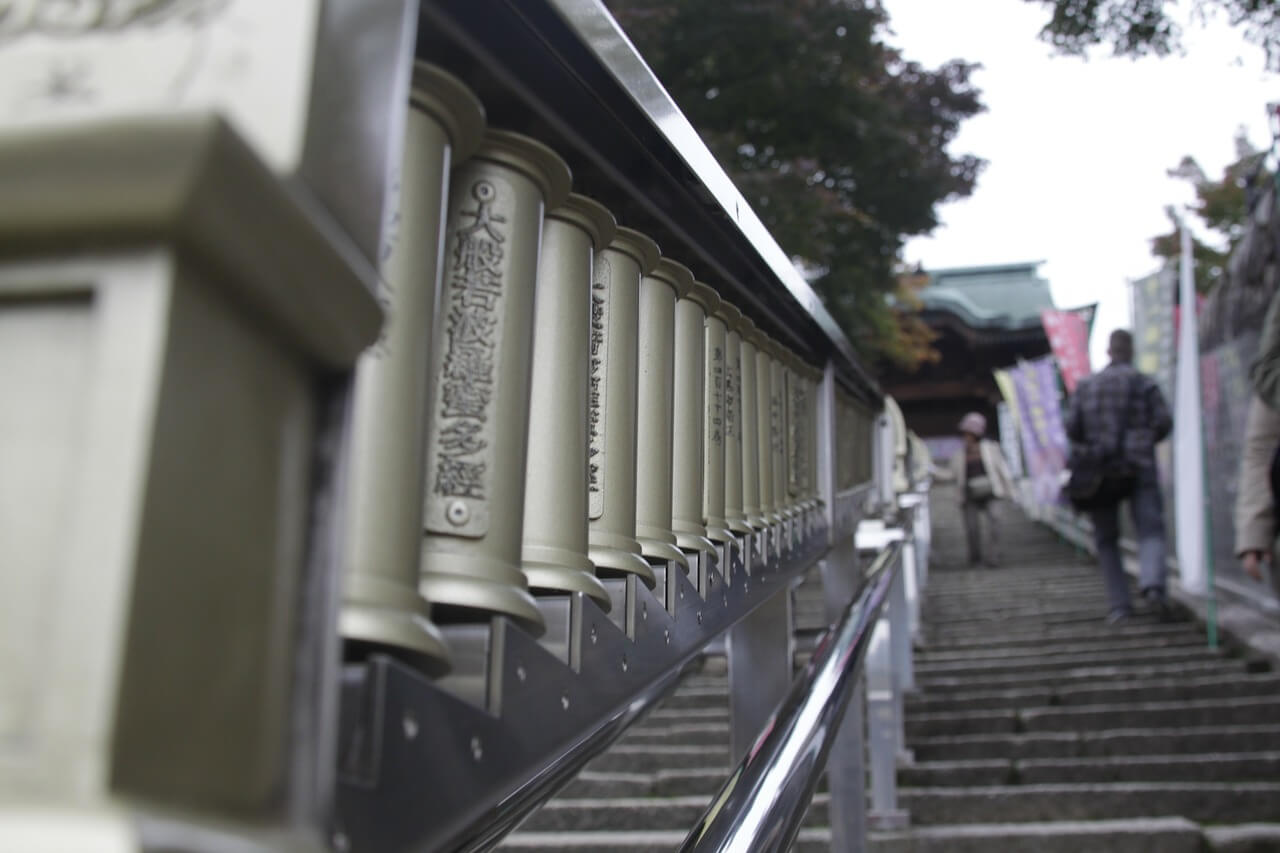Japan is one of the most popular destinations for teaching abroad. It is also a culturally rich, clean, and safe place to live. Experienced ESL teachers prefer to arrive in Japan first and find a teaching job in person by dropping their resume at the school. There are tons of small ESL schools in Japan offering great opportunities who prefer to hire experienced teachers already in Japan. The website Gaijinpot is a great resource to find employment once you arrive in Japan. On the other hand, most entry-level ESL teachers prefer to secure a teaching job before arriving in Japan. If you are completely new to TEFL, there are many options with public and private institutions who will hire you before you arrive and they offer benefits such as paid airfare, work visa processing, and accommodation.
About the author: Aran JB completed the TEFL certification course with OnTESOL
Types of Jobs You Can Apply Before Arriving in Japan
Conversational Schools:
The eikaiwa, or conversational schools, are a popular choice for many good reasons. Eikaiwa are after-school programs that run from the afternoon till about 11 pm at night, 7 days a week, and all year long. You could apply to an Eikawa at any time. They usually have recruitment offices set up in many cities across North America and help teachers with all the paperwork that comes with getting their visas. With private companies, eikaiwa classes will range from baby classes all the way to adult students.
The largest eikaiwa conversational schools are Gaba and AEON, which have a recruitment page on their website and are fairly stable companies that are still booming in Japan. These companies are very familiar with hiring teachers from their home country and/or city and are usually very helpful during the whole process. They are also mindful of people who have had little to no experience in the teaching field, and their application process is fairly easy, making it a great and easy way to start your teaching career.
Assistant Language Teachers (ALTs):
A different route is that of becoming an ALT (Assistant Language Teacher). These TEFL jobs are for teaching to elementary and junior high schools, so they follow the school year in Japan. One of the main benefits of getting started as an ALT in Japan is that you don’t need a Teaching License or a BA degree in Education. Unlike other K-12 programs around the world, most ALTs are entry-level teachers. A university degree in any area and an accredited TEFL / TESOL certificate with a minimum of 120 hours are the minimum requirements for becoming an ALT.
An ALT is hired by a dispatch company. The dispatch company has a contract with schools in a certain area and will send you to help the Japanese English teachers to teach with them in public schools. The most popular dispatch company is the JET Programme, which is a joint program run in conjunction with the government of Japan. Many of the postings are for rural areas, but not all. The application is a lengthy process, but everything will be taken care of for you in terms of accommodation and your placement. The wage is also very fair, and they are open to hiring non-native speakers from over 40 different countries. Interac is also a very well-known dispatch company that hires teachers from overseas.
Recommended: The 168-hour Hybrid TEFL Certificate (US$320 OFF) course will prepare you to teach English to adults and young learners in Japan. It also comes with a specialist to prepare you for online teaching jobs and a live module for an interactive teacher training experience.
Job Requirements
Most English teaching jobs in Japan require a University/College degree of at least 3 years and TESOL certification. You can find work without a university degree (I myself do not have one, but I have teaching experience and I am married to a Japanese national). If you live in a city like Tokyo (like me) the competition for better jobs can be quite hard, and the candidate with the most credentials will often come out on top.
There are several ways you can obtain a VISA, I would suggest checking the Japanese embassy’s website in your country or calling them for information. Once you have the proper paperwork for a VISA, you will be granted a “Gaijin Card” (foreigner card).
The benefit of getting a teaching job with any of the big companies, such as Gaba or the Jet Programme is that they will assist you in getting the Gaijin Card. If you are coming to Japan without a secured job, you will need this card to apply for jobs while within Japan.
A basic level of Japanese language is recommended, but not required. Having a proficiency in conversational Japanese and being able to read (at least some) of the language will make things much easier for you in Japan. Certain jobs I couldn’t apply for because my conversational Japanese wasn’t good enough. Some schools aren’t equipped to be able to provide translations for you, and some require you to conduct parent-teacher interviews in Japanese. Japanese people are very friendly and most know a few words of English, but the more you are able to speak Japanese the better time you will have here, and the more you can immerse yourself in the fascinating Japanese culture.
Teach English in Japan with OnTESOL! Get started with the affordable 120-hour TESOL / TEFL certificate course or take the 168-hour Hybrid TEFL certificate with the innovative 10-hour Live Workshop. All our courses include free job assistance in Japan and worldwide.




Would you help me get a teaching jobs in japan, i have no degree but i have a tefl certification and the practical certification as well. Please let know as well as how much this service will cost you.
Hi, our job service is only for OnTESOL students and graduates. You can learn more at https://ontesol.com/tesol-jobs